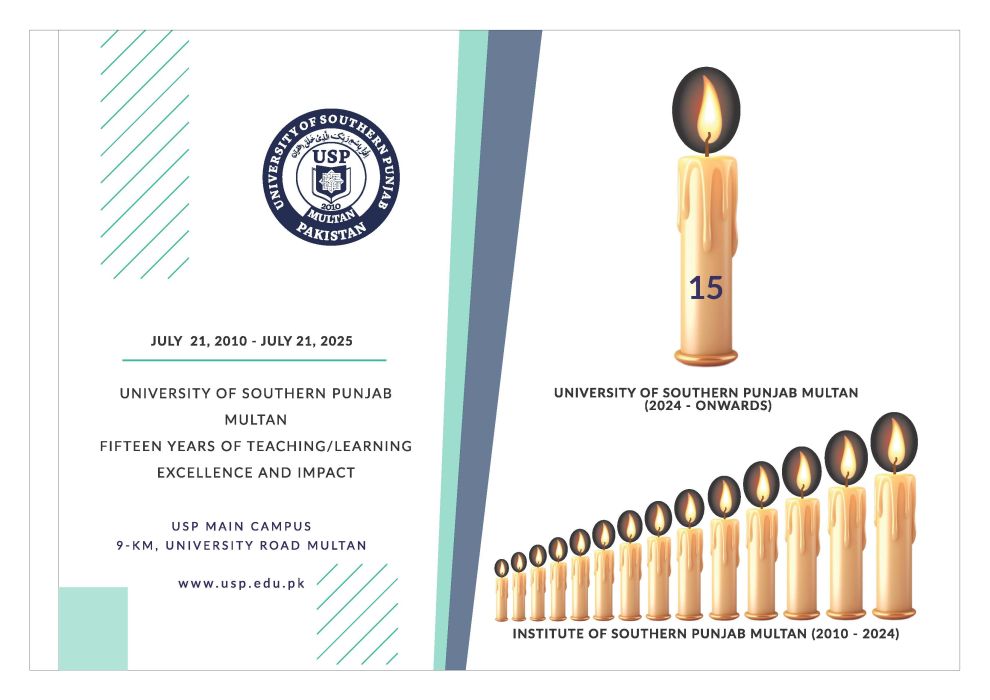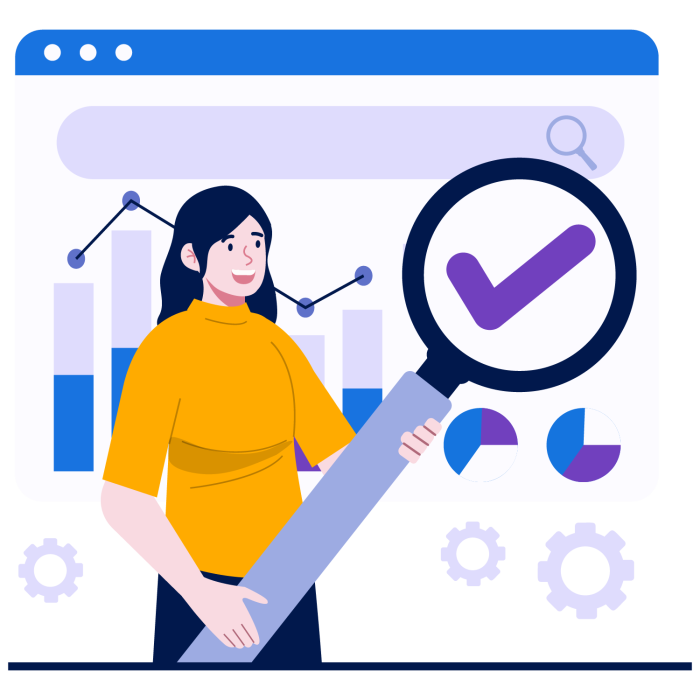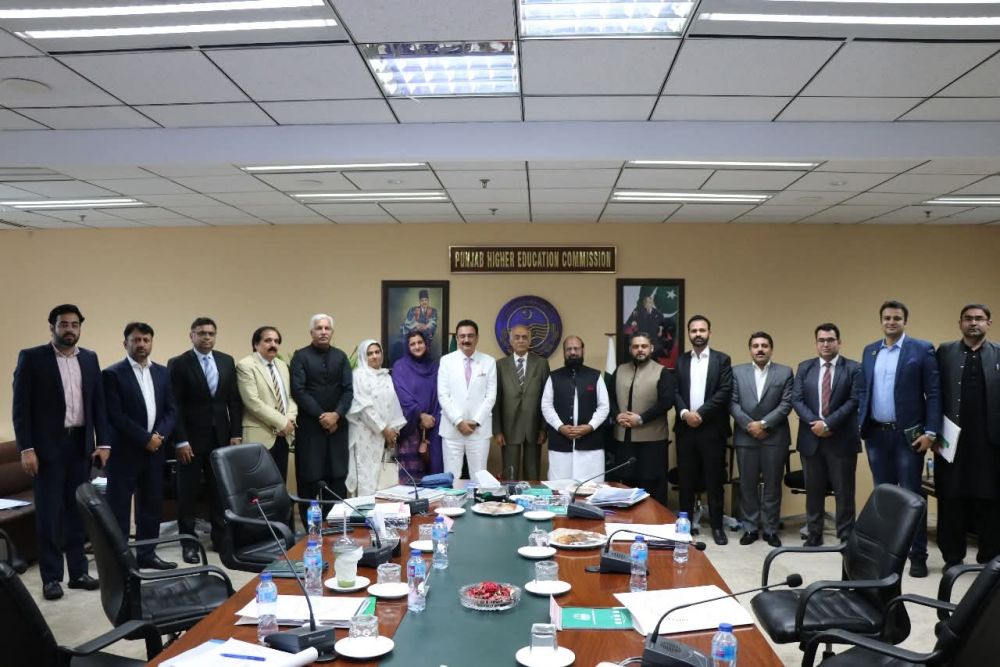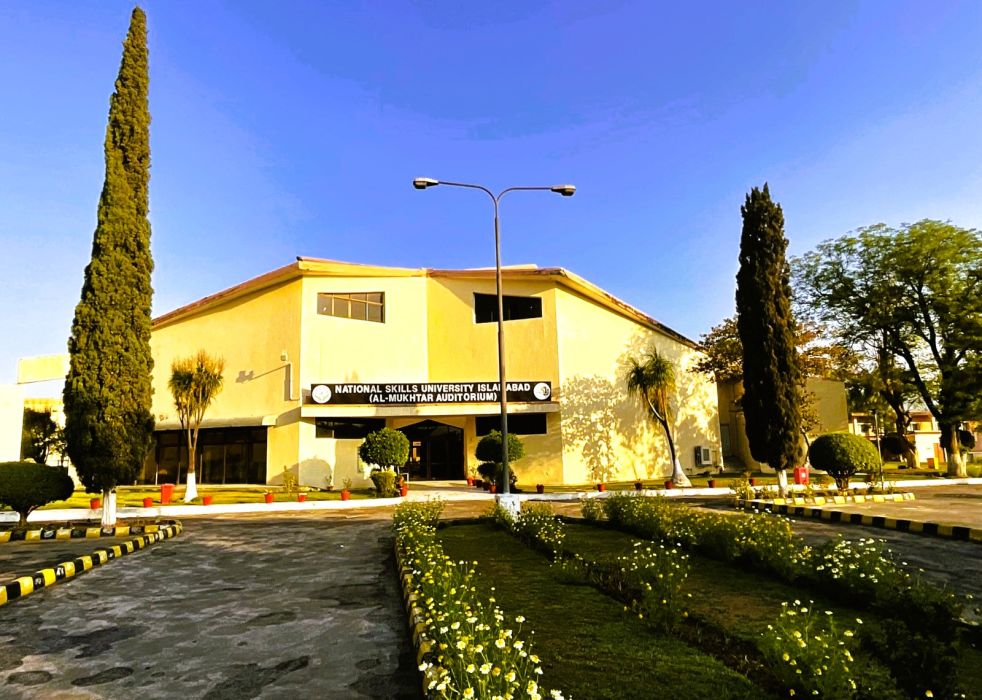41/25 How Reskilling for the AI Revolution Will Change Software Industry and Academia?
Posted 11 months ago
As artificial intelligence (AI) reshapes the global software development landscape, technology professionals must embrace reskilling to stay competitive in an industry undergoing rapid transformation. AI is no longer a futuristic concept but a present-day force driving innovation, optimizing business processes, and reshaping job roles. Across continents, from Silicon Valley to South Asia, the emphasis on AI-driven efficiencies underscores a collective need for workforce adaptation.
Experts believe that AI has a profound impact on software development, opening up new possibilities and horizons. "AI's monumental growth has changed the industry's landscape, automating routine tasks and enabling engineers to focus on high-level problem-solving." Leading tech hubs worldwide, where AI-powered tools like GitHub Copilot and OpenAI's Codex accelerate coding, testing, and deployment processes, are just the beginning of what AI can achieve.
A Global Shift in AI Investment
AI's economic influence extends beyond software development, permeating industries worldwide. According to Grand View Research, the global AI market is projected to grow by 37.3% annually from 2023 to 2030, attracting substantial investment. A recent survey found that 58% of New York Stock Exchange (NYSE)-listed companies view AI investment as key to revenue generation, while over 70% prioritize AI-driven customer service innovations. Meanwhile, in China, government-backed AI initiatives fuel advancements in smart manufacturing and fintech, while European nations leverage AI for sustainability and cybersecurity.
Reskilling: A Necessity, Not an Option
As industries pivot towards AI, the need for continuous learning has become undeniable. Experts forecast that nearly 25% of jobs will undergo rapid transformations, necessitating agile redeployment strategies. These transformations include the automation of routine tasks, the introduction of AI-driven decision-making processes, and the need for new skills such as data analysis and machine learning. A Mercer Survey underscores this shift, revealing that 60% of employees prefer working for skill-based organizations.
Companies worldwide are responding by implementing AI-powered training systems that personalize learning paths. For instance, at firms like Icreativez Technologies, AI adoption has led to exponential productivity gains. Their AI-powered training system analyzes individual learning patterns and preferences, creating personalized learning paths. This has allowed developers to complete tasks in a single day that previously required weeks. Such examples underscore the necessity of AI literacy for professionals seeking long-term career viability.
AI's Role in Business and Academia
Beyond corporate environments, AI presents immense opportunities for academia. Universities across North America, Europe, and Asia are integrating AI-driven coursework to prepare students for an AI-centric job market. In Pakistan, where the first-ever AI Policy is set to be introduced in 2025, developers can leverage government initiatives for funding and regulatory clarity. AI frameworks like TensorFlow and PyTorch empower developers to create intelligent agriculture, healthcare, and financial technology solutions.
Startups worldwide are harnessing AI to drive innovation. From the U.S.-based automation giant UiPath to emerging fintech firms in Africa, AI is revolutionizing industries by automating workflows and enhancing decision-making processes. Even entertainment companies like Netflix optimize cloud costs through AI-driven analytics, illustrating the technology's versatility across sectors.
The Road Ahead: Embracing Change
The AI revolution is not about replacing human ingenuity but augmenting it. AI-driven software development tools catalyze efficiency, freeing engineers to focus on creativity, system architecture, and strategic decision-making. For example, AI-powered tools like GitHub Copilot and OpenAI's Codex automate routine coding tasks, allowing engineers to focus on more complex problem-solving. Organizations that invest in AI-driven upskilling programs will not only future-proof their workforce but also gain a competitive edge in an increasingly automated world.
Prof. Dr. Muhammad Mukhtar, Founding Vice Chancellor of the National Skills University Islamabad, rightly pointed out on several occasions that "The coming years will belong to those who adapt, innovate, and redefine their skillsets to align with an AI-powered future." He also praised the ongoing efforts of Federal Secretary Mr. Mohyuddin Ahmad Wani to implement AI-based strategies for enhancing literacy and overall schooling for out-of-school children in Pakistan.




